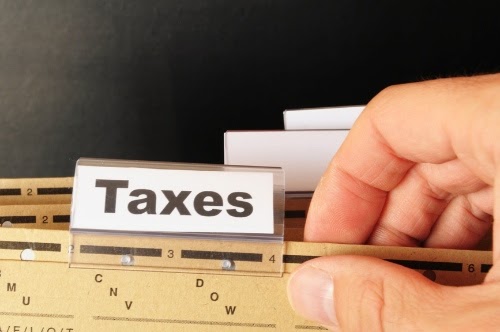
UAE is considered one of the foremost commercial and economic hubs of the world, which is why more than 8 million Americans now live and work in the country. Not only does the UAE have great career and employment opportunities, but citizens also need to pay only minimal taxes. If you’re one of the many American expats living in this Middle eastern location, whether on a short-term stint or long-term relocation, taking care of your taxation obligations is essential. Your best bet is to work with a trained tax CPA for expats in the UAE and get all the relevant information you need.
You’ll Continue to File Returns with the US IRS.
Even if you intend to live in the UAE permanently, you’ll continue to file taxes with the US IRS as long as you retain American citizenship or a Green Card. The US levies taxes on all income you earn, both from onshore and offshore sources. In addition, you’ll declare assets held in foreign bank accounts if the balance is more than $10,000 at any time during the financial year. To do that, you must complete and file the FinCEN Form 114 and stay compliant with Foreign Bank and Financial Accounts Reporting (FBAR) rules. If your assets are valued at $200,000 and higher, you’ll report them according to the Foreign Account Tax Compliance Act. Incidentally, you must file a return even if you don’t owe taxes.
The UAE Does Not Levy Income Tax
Residents of the UAE are not liable to pay taxes, nor are there any income withholding regulations. Unlike other countries, there’s no income tax, corporate tax, sales tax, or capital gains tax. Most companies, aside from finance and petroleum, are permitted to operate tax-free. As a rule, US expats are permitted to take advantage of the Foreign Earned Income Exclusion (FEIE), where they can deduct a fixed limit from their taxable income and pay taxes only on the balance. For the year 2021, this limit has been set at $108,700. You’re also permitted to claim a Foreign Tax Credit (FTC), where you can claim credit for the taxes paid to your host country. But, since you won’t pay taxes to the UAE federal government, you’ll pay taxes in full to the US government.
Taxes on Self-Employed Income
Whether you work for a company or run a proprietorship, you need not worry about paying taxes to the UAE government. But, if you earn an income of US$400 or higher, you’ll declare your earnings in return you file with the US IRS. The UAE categorizes business entities into seven groups and offers each of them varying levels of legal allowances. As a foreign investor, you’re also required to partner with a UAE entity to conduct business in the country. You’ll research the compliance and tax reporting rules for the category of business you intend to work.
As a US expat living and working in the UAE, you can take advantage of the tax benefits of living in the country. But, you must remain compliant with US taxation laws or incur penalties.
